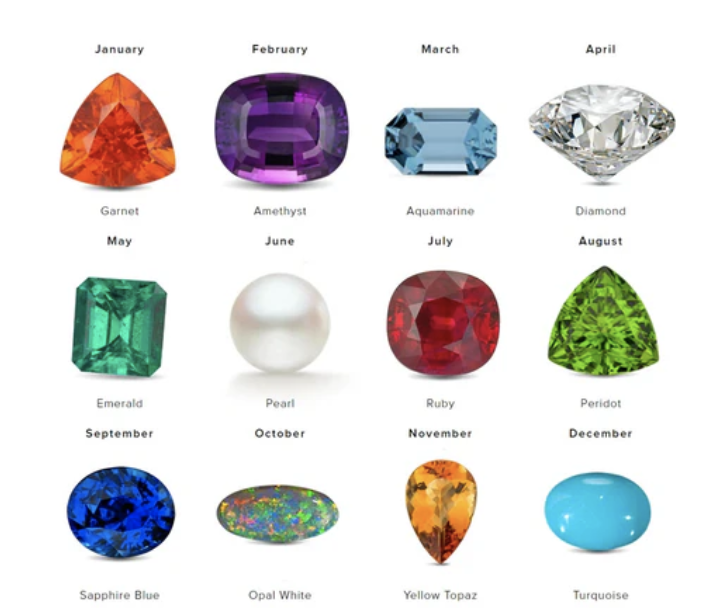It has been over a month since the 47th president of the United States, Donald J. Trump, was inaugurated. Since then, he has signed 73 executive orders, and 68 have been published during his days in office. Out of his numerous orders, one of them impacts not only the US but even other countries from all over the world. President Trump has signed a law requiring tariffs to be imposed during his presidency. This executive order is currently one of the biggest issues in the media. So what are tariffs, and why are people from different countries flying to the United States to talk to him about them?
The dictionary definition of a tariff is: a list of taxes placed by one country on goods imported from another country. For example, a box of avocados, freshly grown in Mexico, could cost $20.00. If there is a 5% import tariff, there would be a $4.00 tax (by taking 5% of $20) to bring the pack of avocados to the United States to sell. Essentially, these tariffs are what Trump has officially decided to impose on all goods in the United States, making foreign products more expensive. This implies that products made in America generally may be cheaper, since they won’t be charged taxes like products imported from other countries. Also, tariffs encourage more job opportunities in America.
People who support tariffs often note that they are needed to boost goods and services inside a country rather than other nations. However, as most individuals know, there is a cost inflation. Because most products that are sold in the United States are made in different countries and foreignly imported, tariffs will cause inflation. According to Donald Trump, tariffs will be taxed on a foreign country. This signifies that US consumers or importers are not directly paying for the tariffs, but for the extra money businesses raise due to the tariffs. The money acquired from the tax and tariffs goes to the US treasury, meaning there is more money for the government to spend. This process ultimately generates inflation.
A student from Yorba Linda High School, Krishaa Seth (10), remarks, “I don’t know a lot about Trump’s tariffs, but I am aware that prices are increasing, and I’ve noticed that specific items in markets are getting more expensive. I don’t know if Trump’s tariffs are responsible for inflation, but I do understand that they play a role in it.”
In most stores, when you glance at an item, you may see “Made in Italy” or “Made in China.” So, people might wonder, why not exclusively buy products just from America instead of products made from different countries? To be practical, products made in the US are still expensive, and there are not many “Made in America” alternatives. This is due to manufacturing costs and other labor difficulties. Hence, America essentially relies on products made in foreign countries.
Jason Kwonis a customs broker for the automobile manufacturing company, KIA. He shares, “The government may be collecting money for the people, but at the same time, it is a financial burden on us, since we have to spend more money to buy the same goods. There is no right or wrong answer, and I think the government should carefully consider: Are imposing tariffs truly good for the end-user, or is it just to protect the economy and our market? When the cost of the goods goes up, there will be fewer buyers. If you think about it, at the end of the day, when the extra cost is added, it is passed onto the consumers, who are us, who will have to pay more money.” Believe it or not, other countries have fewer environmental restrictions, meaning whatever is restricted in the United States may not be so illegal in other countries. This includes labor costs, which are a giant part of the economy.
Although tariffs are currently promoting the United States, in the long run, US citizens will have to pay higher prices for products as long as they are imported. Yes, there are pros and cons to tariffs, but the government should regard the question: Is it worth it to work around the regulations and spend more money on labor and manufacturing versus spending less money overseas?






























Eric Gao • Mar 4, 2025 at 8:18 PM
This is such an interesting article. I did not know the tariffs would affect this many industries.
Ishani Bhatt • Feb 27, 2025 at 7:28 AM
Wow! This was so informative! I always get confused as to what tariffs are, but this really cleared it up!
Lauren Urquico • Feb 27, 2025 at 7:26 AM
this was a really interesting article!! I now know a lot more about Trump’s tariffs then I did before.
Ameera Tummuru • Feb 27, 2025 at 7:25 AM
I personally do not like the tariffs. From items that used to be $1-$2 are now like 8 or 10 dollars. I imagine that these tariffs are going to put a lot of financial stress on families with low income.
Sophia Lee • Feb 27, 2025 at 7:23 AM
I’ve definitely noticed an increase in prices in stores overall.